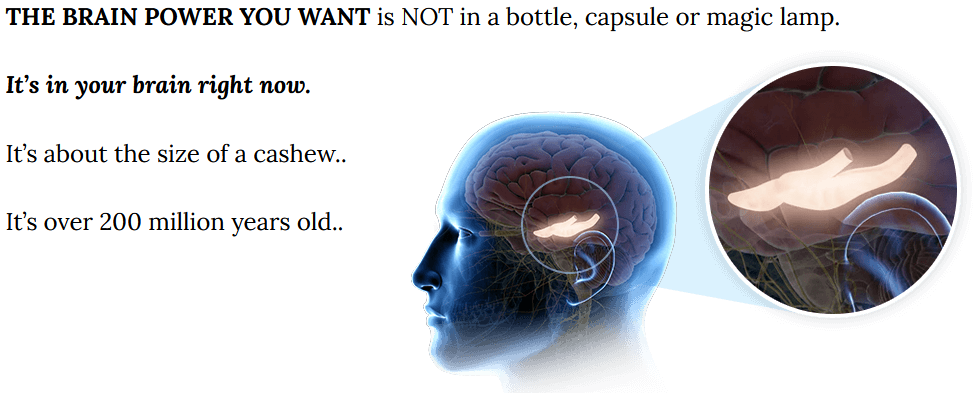In today’s fast-paced world, stress has become a ubiquitous part of life. Whether it’s due to work, personal relationships, or daily responsibilities, many people are constantly seeking effective ways to manage stress. One emerging method that is gaining attention is soundwave therapy, also known as sound healing or acoustic therapy. This natural approach leverages the power of sound frequencies to promote relaxation and reduce stress, offering a promising alternative or complement to traditional stress management techniques.
How Does Soundwave Therapy Help Manage Stress?
Stress often results in a heightened state of alertness, where the brain remains in a beta wave state—associated with active thinking and problem-solving. While this state is necessary for daily tasks, prolonged exposure can lead to chronic stress, affecting both mental and physical health. Soundwave therapy works by entraining the brain into slower alpha or theta waves, which are associated with relaxation and meditative states.
By inducing these more relaxed brainwave states, soundwave therapy helps to lower cortisol levels—the hormone responsible for stress. This reduction in cortisol can lead to a decrease in physical symptoms of stress, such as high blood pressure, tension headaches, and fatigue.
Moreover, soundwave therapy is not just about the immediate effects. Over time, regular sessions can help recondition the body’s response to stress, making it easier to handle stressful situations without becoming overwhelmed. It’s a holistic approach that addresses both the mind and body, providing lasting benefits.
Benefits and Considerations
One of the significant advantages of soundwave therapy is its accessibility and non-invasive nature. It doesn’t require any special skills from the recipient and can be experienced in a variety of settings—from professional therapy sessions to at-home practices using sound recordings.
While soundwave therapy is generally safe and has few side effects, it’s essential to approach it as part of a broader stress management plan. This might include other methods like exercise, meditation, and proper nutrition.
